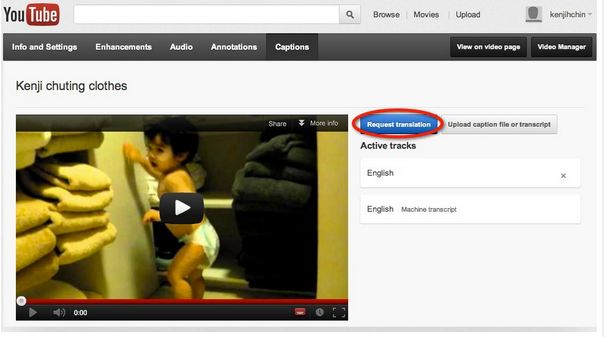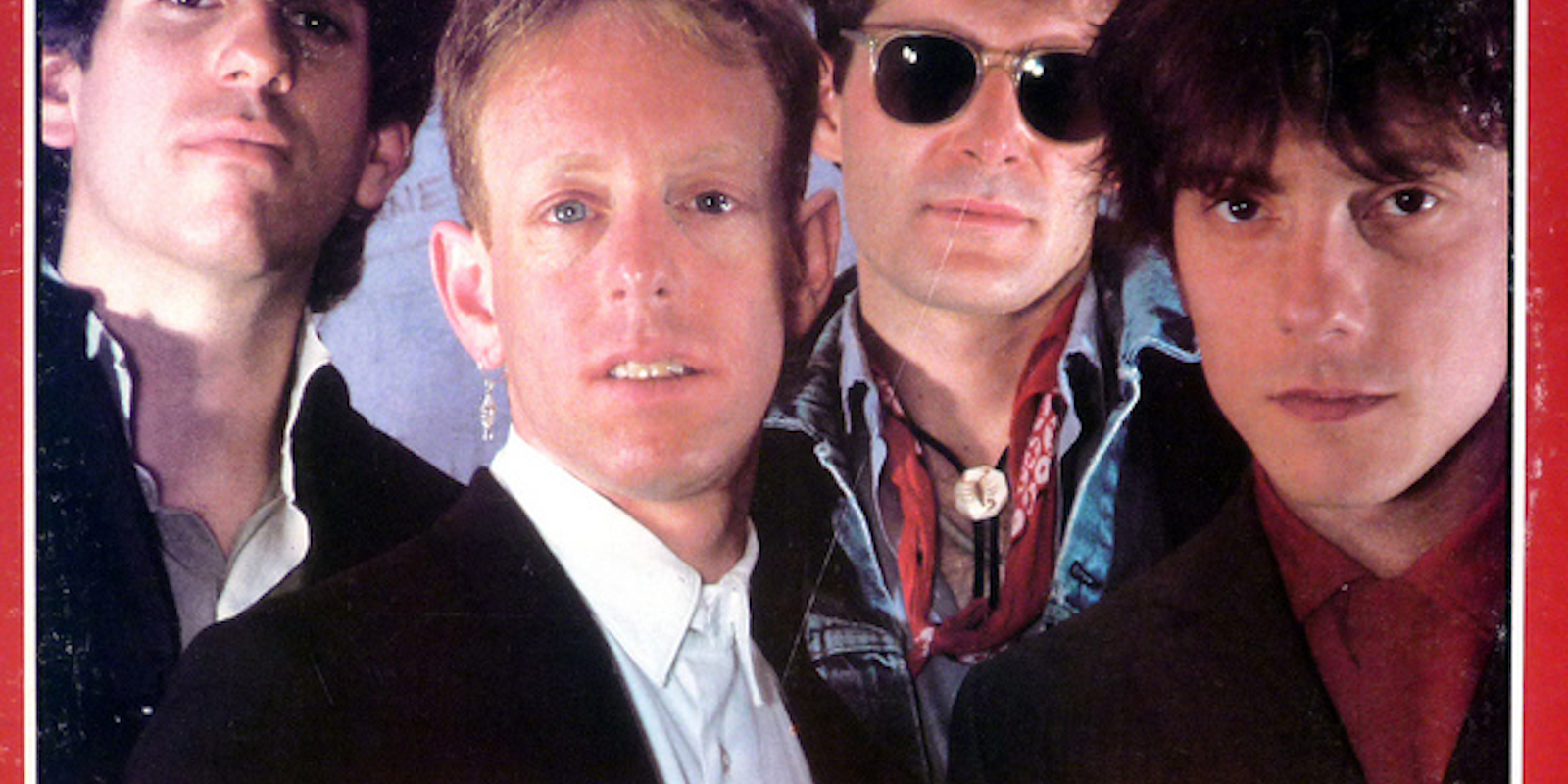70 percent of YouTube viewers live in countries outside of the United States, with many of those viewers speaking languages other than English. Now, the site’s made it easier to reach them.
Google, YouTube’s parent company, announced Monday that the video sharing site has opened YouTube video captions to 300 different languages, a vast expansion from the 50 that were previously available on site.
The full list of supported languages is robust: It includes Khasi, Rajasthani, Estonian, Rundi, and Nynaja, among others.
The list also includes more widely-used languages like Spanish, French, Russian, and Dutch, but the 50 most common languages fall into a different file. Google Translator will automatically convert text or words from English to Spanish.
For Tongan and the other 250, users must employ a manual conversion process. Google’s asking users to either translate the text themselves or solicit the help of another user.
After you’ve scripted the video’s caption track, select “Request translation” in the YouTube Video Manager and choose the assortment of languages you’d like your captions translated into.

The whole process should be relatively seamless. Google has integrated its translator toolkit with the service, which allows for easy online translator collaboration as you work your way through the texts. (For languages supported by the automatic translation feature, Google says that it will provide a first draft before going straight to publish.)
Google product managers Jeff Chin and Brad Ellis explained the company’s decision to expand caption translations in a post made to YouTube’s Creator blog Monday.
“Growing a global audience on YouTube means having your videos reach many people, speaking many languages… By providing translated captions, you’ll not only make your video globally accessible but also improve discoverability in other languages.”
Photo via Epiclectic/YouTube


